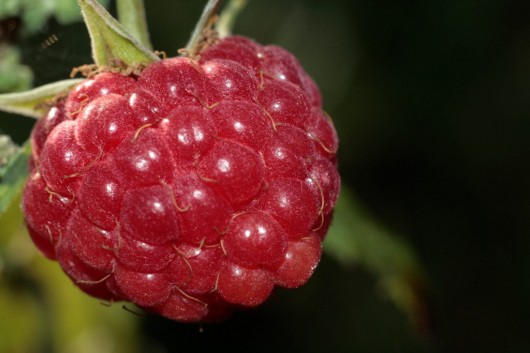Which Fruit Has The Most Betaine?
What is Betaine?
In chemistry, a betaine is a general term meaning any neutral chemical compound. Betaine is a naturally occurring chemical found in the human body. It is also present in some foods. The most widely used betaine is a byproduct of processing sugar beets. This byproduct is found in many fruit juices and available as supplements. Betaines are absorbed by our bodies and help to protect our cells from the effects of many stressors.
Betaine in Our Bodies
Betaine is important to our bodies because it helps to prevent a build-up of homocysteine, an amino acid. Homocysteine can damage blood vessels and increases the risk of heart disease, stroke, or circulatory problems. Betaine is therefore important in protecting the functions of the circulatory system.
People have also experienced better digestion with the addition of betaine to their diets. Betaine added to toothpaste has been shown to reduce mouth dryness. The addition of this supplement has been linked to better liver health.
Betaine, like most substances, can be found as allergic to some people. Signs of a serious allergic reaction may be headaches, dizziness, changes in mental state, vision changes and seizures. Less serious allergic reactions can include nausea, diarrhea, unusual body odor or taste in the mouth. You should seek the advice of a medical professional if you experience any of these symptoms. People who have high cholesterol should consult their doctors before adding betaine to their diets as it has been linked to increased cholesterol levels. It can also interfere with some medications used for the treatment of kidney disease.
There are many ways to increase betaine. You can get it in the form of a powder and mix it with many types of liquids. You can also find it naturally occurring in various food sources.
Top Fruits For Betaine Content
The amounts of Betaine are given for 100g of each fruit.
1 Raspberry 0,80 mg
2 Kiwi 0,50 mg
3 Watermelon 0,30 mg
4 Peach 0,30 mg
5 Blackberry 0,30 mg
6 Blueberry 0,20 mg
7 Strawberry 0,20 mg
8 Cranberry 0,20 mg
9 Banana 0,10 mg
10 Pineapple 0,10 mg
11 Apple 0,10 mg
12 Melon (Cantaloupe) 0,10 mg
13 Grapefruit 0,10 mg
14 Tangerine 0,10 mg
15 Cucumber 0,10 mg
16 Carrot 0,10 mg
17 Plum 0,00 mg
18 Pumpkin 0,00 mg
19 Lychee 0,00 mg
20 Cherry (sweet) 0,00 mg
21 Papaya 0,00 mg
22 Jackfruit 0,00 mg
23 Orange 0,00 mg
24 Lemon 0,00 mg
25 Redcurrant 0,00 mg
26 Grape 0,00 mg
27 Mulberry 0,00 mg
28 Elderberry 0,00 mg
29 Pear 0,00 mg
30 Passion Fruit 0,00 mg
31 Lime 0,00 mg
32 Gooseberry 0,00 mg
33 Mango 0,00 mg
34 Guava 0,00 mg
35 Blackcurrant 0,00 mg
36 Mangosteen 0,00 mg
37 Durian 0,00 mg
38 Tomato 0,00 mg
39 Apricot 0,00 mg
40 Pomegranate 0,00 mg
41 Fig 0,00 mg
